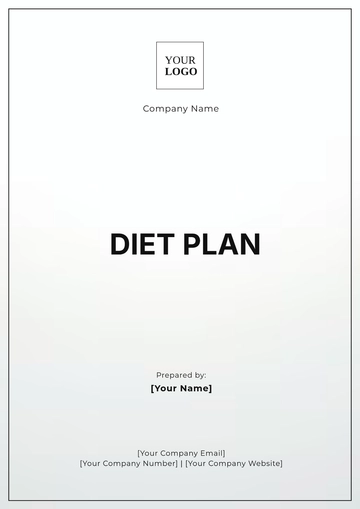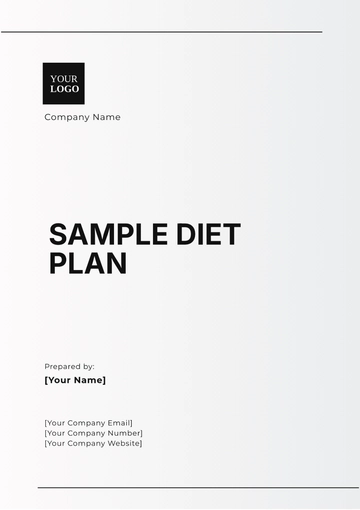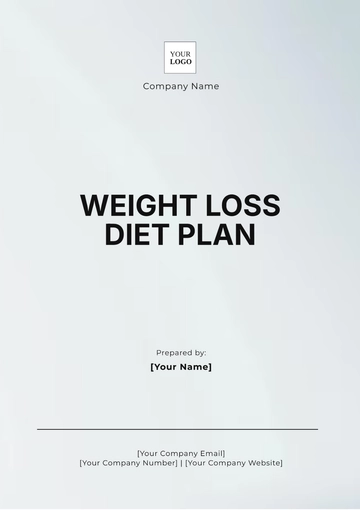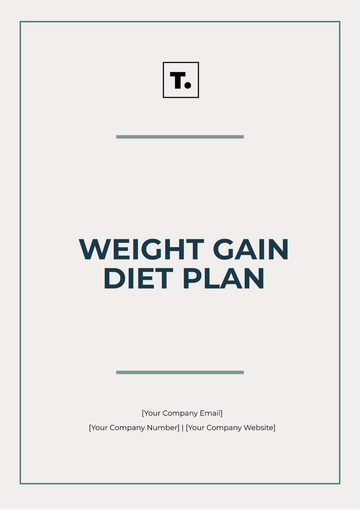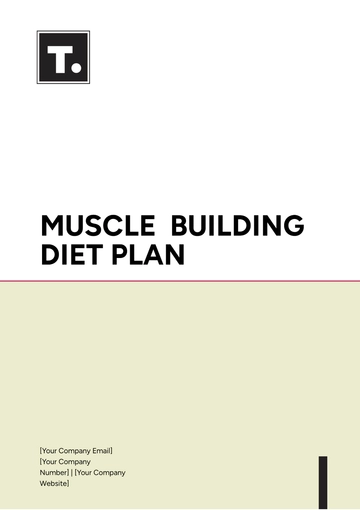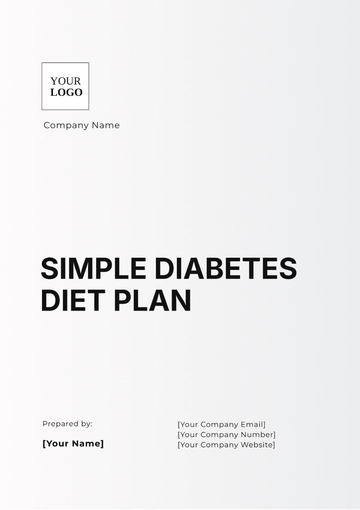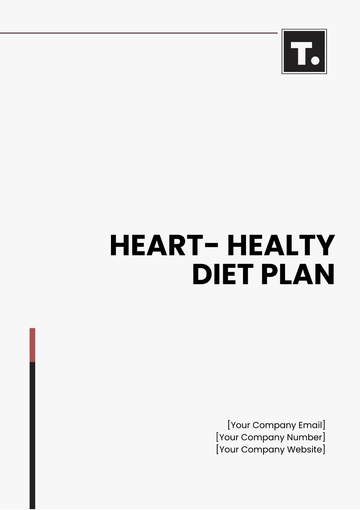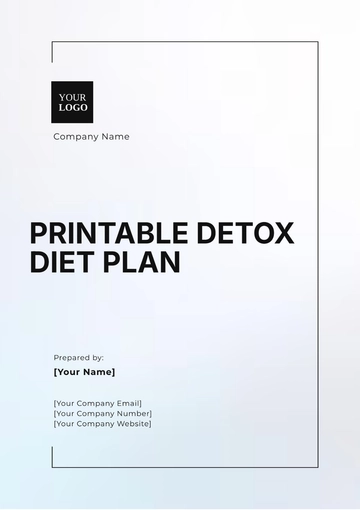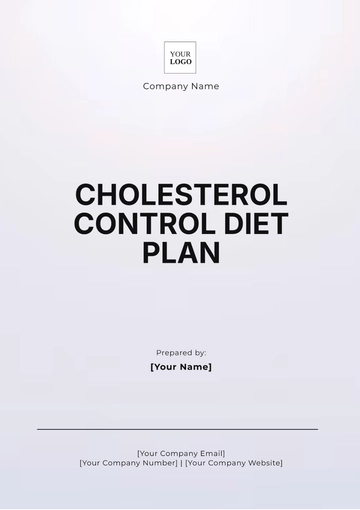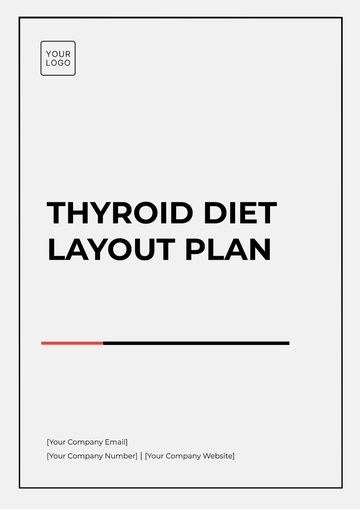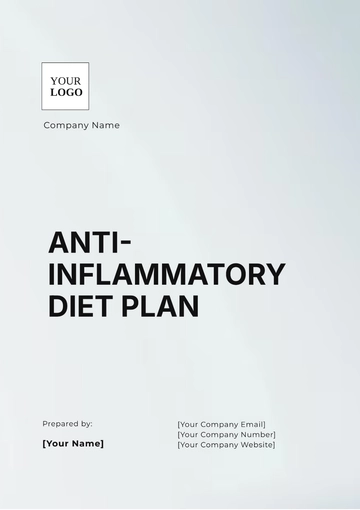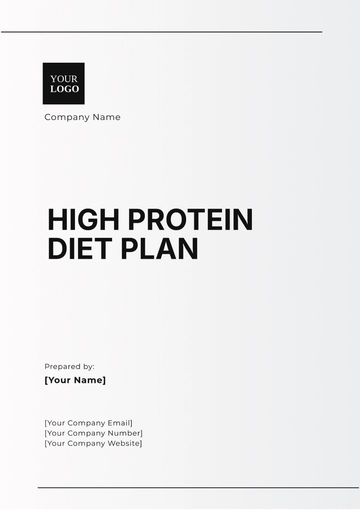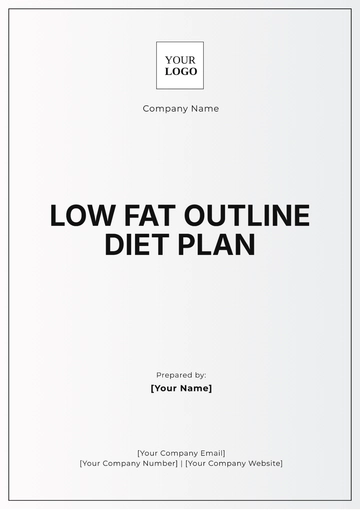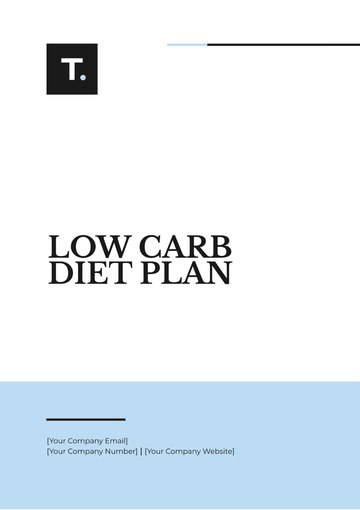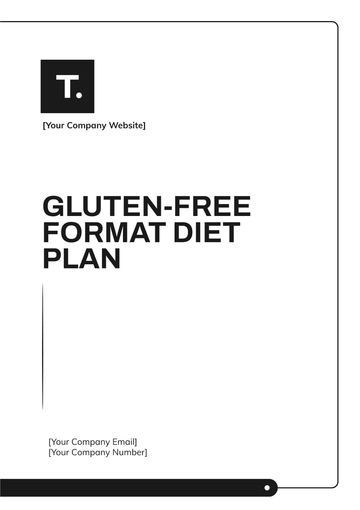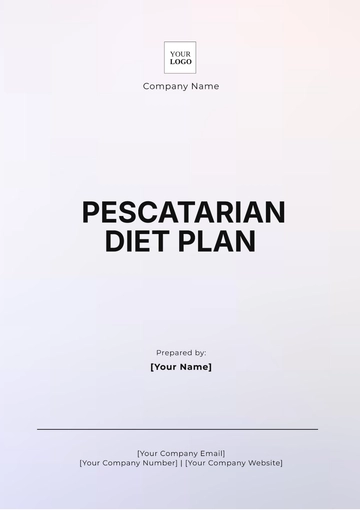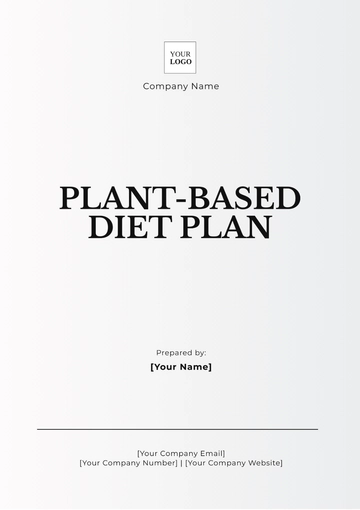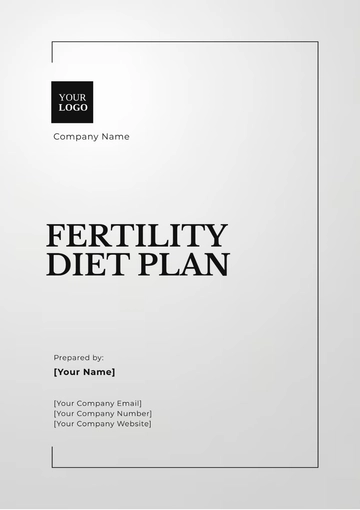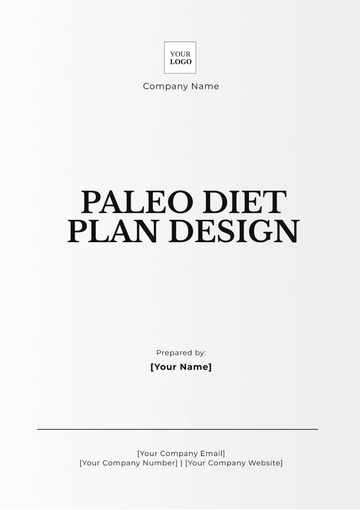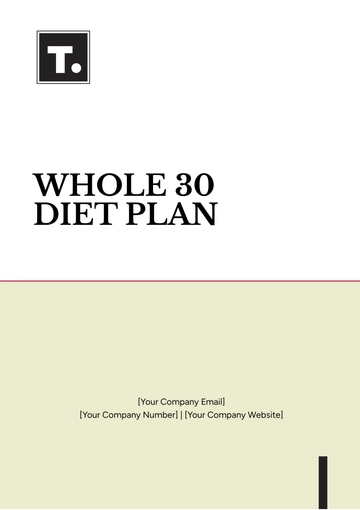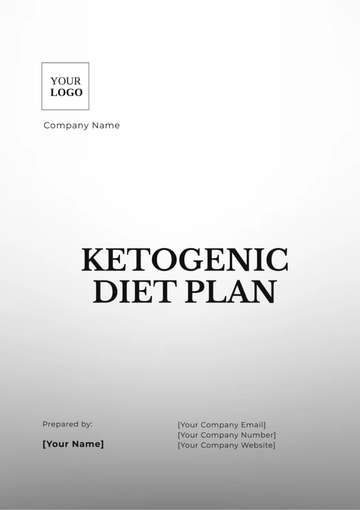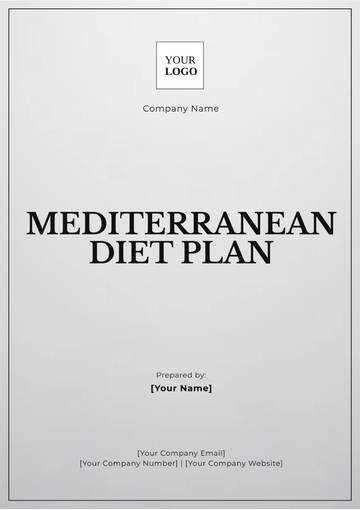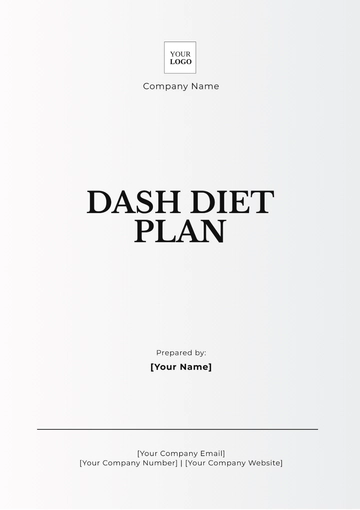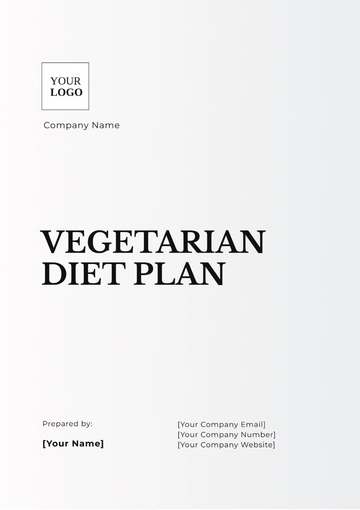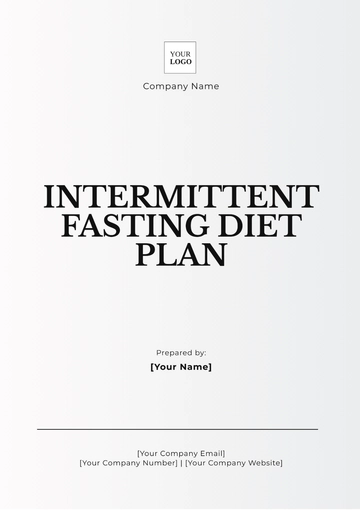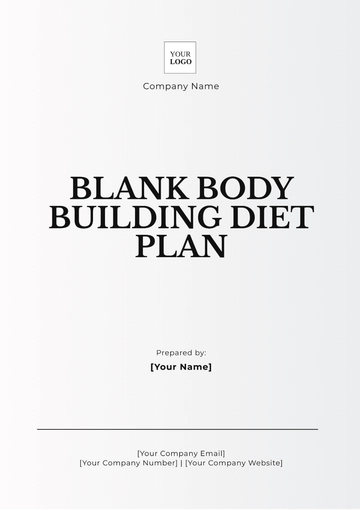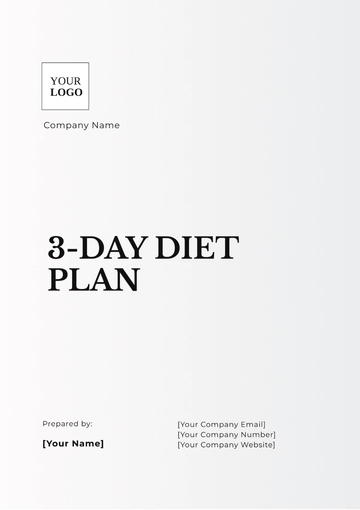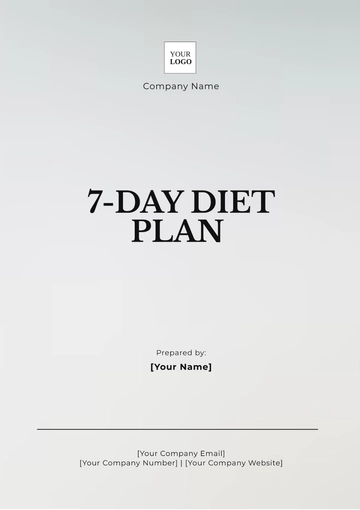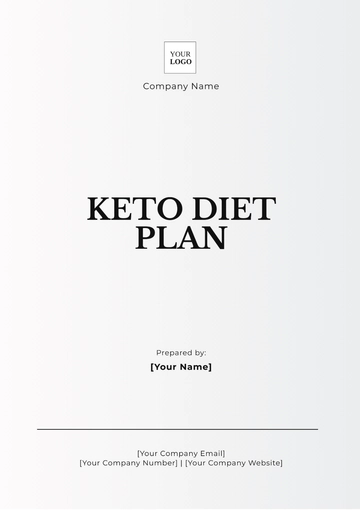Free Pregnancy Diet Plan
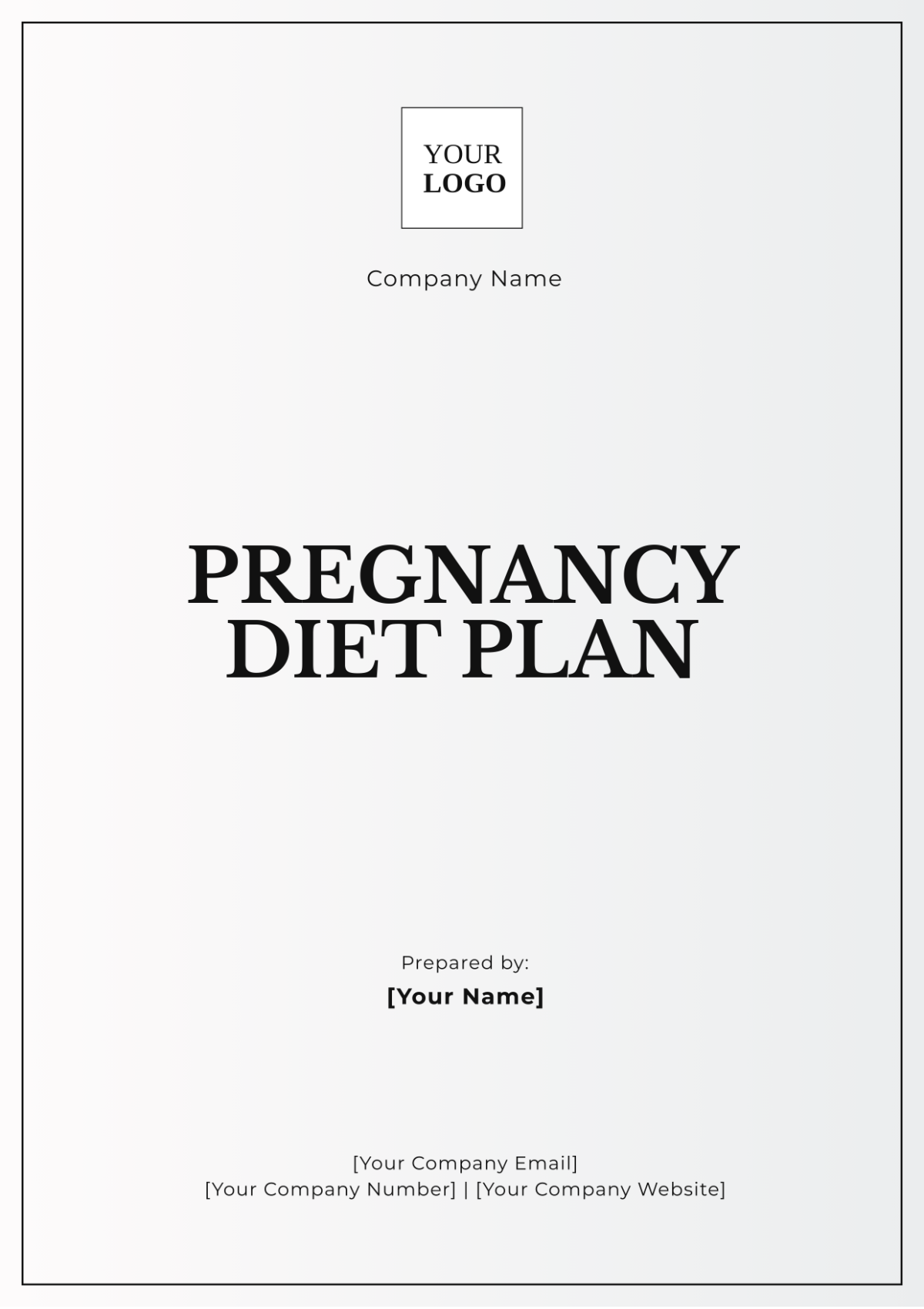
I. Introduction
Maintaining a healthy diet during pregnancy is crucial for the health and well-being of both the mother and the developing baby. A balanced diet not only supports fetal growth and development but also helps prevent complications such as gestational diabetes and hypertension. This plan outlines essential nutrients required during pregnancy, recommended foods to include in the diet, and a sample meal plan to ensure a comprehensive and nutritious intake throughout this vital period.
II. Essential Nutrients
A. Folic Acid
Folic acid, also known as vitamin B9, is vital for the proper development of the baby's neural tube, which forms the brain and spinal cord. Adequate intake of folic acid before conception and during early pregnancy can significantly reduce the risk of neural tube defects.
Sources: leafy green vegetables (spinach, kale), citrus fruits (oranges, lemons), beans (black beans, lentils), fortified cereals, and whole grains.
Daily Requirement: 600-800 micrograms. It is recommended to begin supplementation at least one month before conception and continue through the first trimester.
B. Iron
Iron is crucial for the production of hemoglobin, which carries oxygen to both the mother and the fetus. Pregnant women are at a higher risk of iron deficiency anemia due to increased blood volume and the baby's growing needs.
Sources: lean meats (beef, turkey), poultry, fish, iron-fortified cereals, legumes (lentils, chickpeas), and dark leafy greens (spinach, Swiss chard).
Daily requirement: 27 milligrams. Pairing iron-rich foods with vitamin C sources (like bell peppers or strawberries) can enhance absorption.
C. Calcium
Calcium is essential for the development of the baby's bones and teeth, and it also plays a role in muscle function and nerve signaling. A sufficient calcium intake can help protect the mother's bone health.
Sources: dairy products (milk, yogurt, cheese), fortified plant-based milk (almond, soy, oat), leafy greens (broccoli, bok choy), and almonds.
Daily requirement: 1,000 milligrams. If dairy is not consumed, consider fortified alternatives and ensure adequate intake of other calcium-rich foods.
D. Omega-3 Fatty Acids
Omega-3 fatty acids are critical for the development of the baby's brain, eyes, and nervous system. They also play a role in reducing inflammation and supporting the mother's cardiovascular health.
Sources: fatty fish (salmon, mackerel, sardines), flaxseeds, chia seeds, walnuts, and fish oil supplements.
Daily Requirement: 200-300 milligrams. Choose low-mercury fish options to avoid potential risks associated with mercury exposure.
III. Recommended Foods
A. Fruits and Vegetables
Fruits and vegetables should form a significant part of your diet as they provide essential vitamins, minerals, antioxidants, and dietary fiber, which aids digestion and helps prevent constipation—a common issue during pregnancy.
Recommendation: Strive for a variety of colors and types to maximize nutritional intake. Aim for at least 5 servings per day, including fruits like berries, bananas, and apples, and vegetables like carrots, sweet potatoes, and bell peppers.
B. Whole Grains
Whole grains provide energy and essential nutrients, including B vitamins, iron, and fiber. They can help maintain stable blood sugar levels and promote digestive health.
Examples: whole wheat bread, brown rice, quinoa, oatmeal, and barley.
Recommendation: Aim for at least 6–8 servings per day, with a focus on unprocessed or minimally processed options.
C. Protein
Adequate protein intake is necessary for the growth and repair of tissues, including the development of the placenta and fetal tissues.
Sources: lean meats, poultry, fish, eggs, legumes (lentils, beans), nuts, and seeds.
Recommendation: Aim for 2-3 servings per day. Including a variety of protein sources can help meet amino acid needs.
D. Dairy
Dairy products are important sources of calcium, vitamin D, and protein. Vitamin D is essential for calcium absorption and overall bone health.
Sources: Milk, yogurt, cheese, and fortified plant-based alternatives.
Recommendation: Aim for 3-4 servings per day, opting for low-fat or fat-free options when possible.
IV. Sample Diet Plan
Meal Plan
Meal | Food Items |
|---|---|
Breakfast | Whole grain toast with avocado, scrambled eggs, and a glass of fresh orange juice. |
Mid-Morning Snack | Greek yogurt topped with mixed berries and a sprinkle of granola. |
Lunch | Quinoa salad with mixed vegetables (spinach, tomatoes, cucumbers), grilled chicken, and a side of fresh fruit (like apple or pear). |
Afternoon Snack | Carrot sticks and bell pepper slices with hummus for dipping. |
Dinner | Baked salmon seasoned with herbs, served with brown rice and steamed broccoli. Accompanied by a glass of fortified plant-based milk. |
Evening Snack | A small handful of raw almonds and a piece of seasonal fruit (like a banana or a small bunch of grapes). |
V. References
American Pregnancy Association. (n.d.). Foods to Avoid During Pregnancy. Retrieved from American Pregnancy Association
Mayo Clinic. (2051). Pregnancy nutrition: Healthy-eating basics. Retrieved from Mayo Clinic
National Health Service. (2059). What to eat when pregnant. Retrieved from NHS
- 100% Customizable, free editor
- Access 1 Million+ Templates, photo’s & graphics
- Download or share as a template
- Click and replace photos, graphics, text, backgrounds
- Resize, crop, AI write & more
- Access advanced editor
Achieve a healthy pregnancy with our customizable Pregnancy Diet Plan Template. This comprehensive guide provides a structured approach to balanced nutrition, ensuring you meet your dietary needs during this crucial time. The template is easily downloadable and printable, allowing you to track your meals and make adjustments as needed. Plus, it's editable in our AI Editor Tool, giving you the flexibility to personalize your plan.
